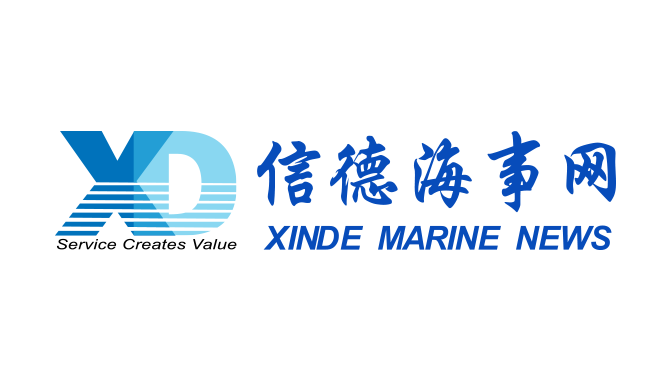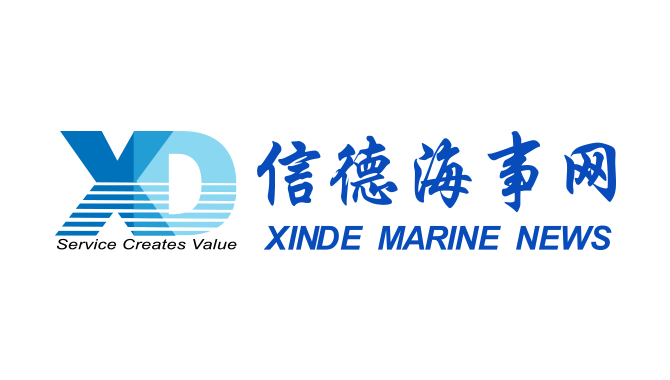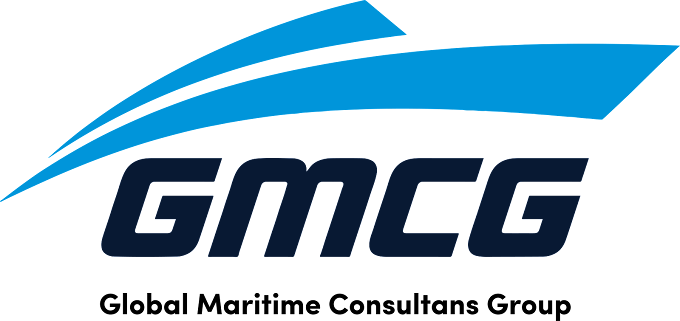
Shipping companies should not lose their focus on vessel optimisation amid emissions debate, says OneLink Performance.
Companies are placing more focus on emissions with recent regulations that have come into place this year and are at risk of forgetting about the more traditional vessel performance solutions, says leading maritime technology solutions provider OneLink Performance.
Over the past year the industry’s focus has shifted dramatically when it comes to the performance of vessels. Conversations that once revolved around ships’ performance, fuel efficiency, and operational costs have been overshadowed by the emissions debate. Regulatory pressures, from the EU Emissions Trading System (EU ETS) to FuelEU Maritime, have placed decarbonisation at the forefront.
Whilst ensuring the debate on reducing emissions continues, Pankaj Sharma, Managing Director at OneLink Performance, calls for a more balanced approach and believes the real financial risk for shipowners lies in fuel overconsumption. As compliance costs escalate, inefficiencies in fuel management will result in higher claims, steeper penalties, and rising operational expenses. Shipowners who fail to get a grip on fuel performance will be the ones paying the price, he said.
Despite the industry’s emphasis on data-driven decision-making, a major gap remains. Ships are equipped with sensors collecting vast amounts of data such as fuel consumption, vibration levels, cylinder pressures, exhaust temperatures, etc. yet much of this information remains underutilised. Traditional systems may flag overconsumption, but they fail at the most critical step: identifying the root cause. Without knowing why a vessel is burning more fuel than expected, shipowners are left guessing and losing money in the process.
“With all the focus on emissions currently, companies should not forget to pay attention to vessel optimisation, which is crucial for making significant cost efficiencies”, says Mr Sharma. “Ensuring you are keeping a close eye on your fuel efficiency feeds into emissions as well, so it is really important companies ensure this remains a priority. They need to be taking a proactive approach to maintain proper vessel optimisation to ensure emissions are reduced as a result.
“I do expect to see this turning back around over the next year, I would like to see the industry turning the discussion back to vessel optimisation to raise awareness and remind ship owners and operators of its importance on the road to sustainability, financial stability and operational efficiencies.”
One recent case illustrates the scale of the problem. A vessel was flagged for excessive fuel burn, and the initial assumption was hull fouling. However, EngineLink’s AI-driven diagnostics revealed an entirely different issue: a pressure imbalance in unit #3, caused by worn-out piston rings. Had this gone undetected, the impact would have extended far beyond higher fuel costs, pushing up EU ETS liabilities and creating additional compliance expenses under FuelEU Maritime. By identifying and resolving the issue early, the shipowner avoided unnecessary financial exposure.
Mr Sharma adds: “Despite mounting costs, many shipowners remain reactive rather than proactive. They wait until fuel bills climb before investigating, instead of managing engine performance from the outset. That approach may have worked in the past, but with today’s regulatory pressures, it is no longer sustainable. Fuel inefficiencies are not just a technical problem, but they are a direct financial liability. Every extra tonne of fuel burned translates into wasted money, inflated claims, and increased regulatory exposure.”
Mr Sharma predicts that the industry will soon pivot back to a renewed focus on fuel efficiency. While the current spotlight is on emissions, shipowners will inevitably have to return to the fundamentals such as fuel consumption, speed, and operational optimisation, not out of preference, but out of necessity. The financial consequences of ignoring overconsumption will become too great to overlook.
“The industry is now at a crossroads. If fuel waste continues to be treated as an unavoidable cost, shipowners will find themselves trapped in a cycle of escalating expenses, regulatory penalties, and mounting claims”, Mr Sharma added. “For those willing to take a proactive stance, the opportunity to reduce costs and improve efficiency is undeniable. AI-driven diagnostics, real-time performance insights, and predictive maintenance are no longer theoretical - they are essential tools that can deliver tangible financial benefits today.
OneLink Performance remains committed to helping shipowners take control of their fuel performance and emissions, ensuring they are not just meeting regulations but making smarter, more cost-effective operational decisions at a price point that is extremely competitive and reduces the need for large CAPEX spends.
Because in this industry, those who fail to address overconsumption now will be the ones paying for it later.
source: OneLink Performance
The opinions expressed herein are the author's and not necessarily those of The Xinde Marine News.
Please Contact Us at:
media@xindemarine.com

 Companies focussing on emissions are forgetting abo
Companies focussing on emissions are forgetting abo  How to Prevent FSI Delays, Fines, and Detention wit
How to Prevent FSI Delays, Fines, and Detention wit  World’s Largest LNG Dual-Fuel Container Ship Deli
World’s Largest LNG Dual-Fuel Container Ship Deli  Navigation Guidelines and Precautions for the Qingd
Navigation Guidelines and Precautions for the Qingd  BYD Accelerates Its Global Expansion at Sea!
BYD Accelerates Its Global Expansion at Sea!  Baltic Exchange launches new Fuel Equivalence Conve
Baltic Exchange launches new Fuel Equivalence Conve